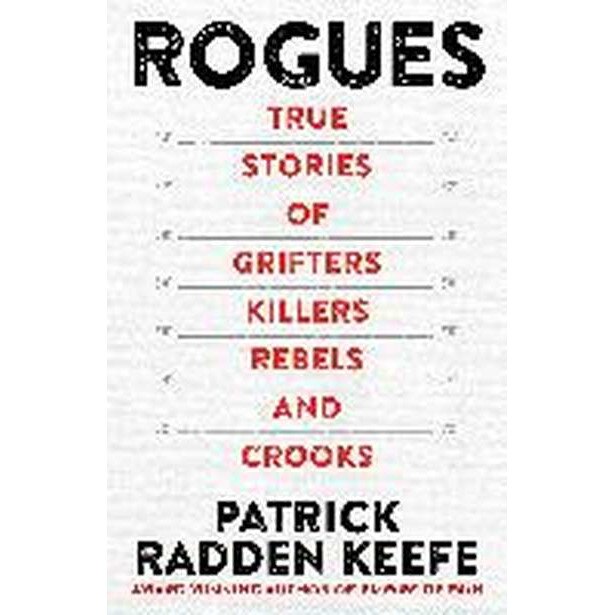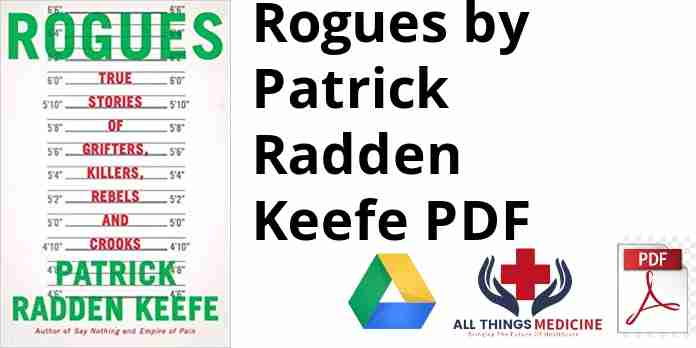

It also demonstrates Keefe's immense skill as a storyteller like the other pieces in the book, it's compulsively readable, imbued with narrative tension that's never overwrought or melodramatic. It's a fascinating profile that showcases Keefe's ability to empathize with his subjects while still maintaining an appropriate level of journalistic skepticism. If she was sometimes inconsistent when I inquired about the logistics of her life, it was more likely out of a cautious disinclination to give too much away than from a desire to heighten drama." Then the light changes, and she exhales and keeps moving." Keefe is thrown off by inconsistencies in Astrid's answers to his questions, but ultimately concludes "that Astrid was sincere in her fear that Wim wants her dead. Whenever she stops at a red light and an unfamiliar vehicle sharks up alongside her, she clutches the wheel, her heart hammering. That criminal happens to be her brother, Wim Holleeder, who became a household name in the Netherlands after kidnapping Freddy Heineken, the CEO of the Heineken beer company.Īstrid, Keefe writes, "thinks a lot about how she might be assassinated, gaming out fatal scenarios. Astrid believes that one of the Netherlands' most notorious criminals - a man who's serving a life sentence for multiple murders - wants her dead. In "Crime Family," Keefe profiles Astrid Holleeder, a Dutch woman who's "an exile in her own city" of Amsterdam. It's an excellent collection of Keefe's detective work, and a fine introduction to his illuminating writing.

The articles "reflect some of my abiding preoccupations: crime and corruption, secrets and lies, the permeable membrane separating licit and illicit worlds, the bonds of family, the power of denial," Keefe writes in a preface to the book. Rogues collects a dozen of Keefe's reported pieces for The New Yorker, the magazine he's been writing for since 2006. An investigative reporter, he's made his career out of detective stories, and his last two books - Say Nothing, about the Northern Ireland conflict, and Empire of Pain, about the Sackler family and the drug Ox圜ontin - won critical acclaim for his thoughtful deep dives into complex subjects. You get the feeling that Keefe can relate. Then he adds: "Also, it's a fun detective story." If he got cheated, he tells Keefe, he wants whoever is responsible to pay. In the first essay in Rogues, the new collection from journalist Patrick Radden Keefe, a wine collector is explaining why he's determined to find out the truth about the possibly counterfeit bottles he bought years before.


 0 kommentar(er)
0 kommentar(er)
